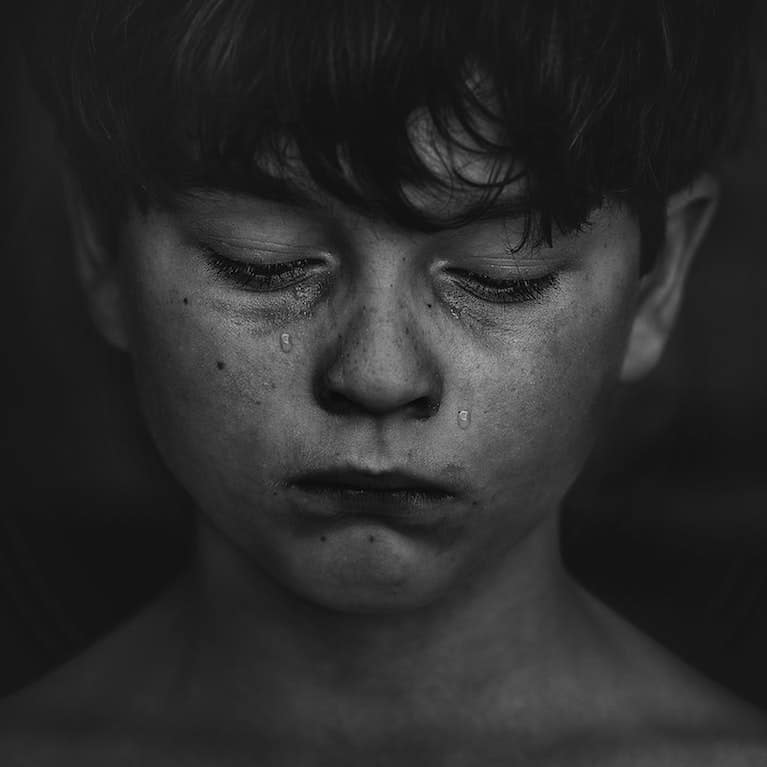Childhood Anxiety: Acting Up or Reaching Out for Help?
Childhood Anxiety: Acting Up or Reaching Out for Help?
Childhood anxiety is much more common than you would ever think or may be able to recognize. Why? Children display anxiety differently than adults. In fact, anxiety often gets missed by parents and professionals because it frequently looks like bad behavior and meltdowns.
Here are some possible signals that your child is suffering from anxiety:
- Changes in appetite.
Our appetite and eating habits are linked to our emotions. Just like adults, some children with anxiety may suddenly stop eating, eat significantly less amounts of food in comparison to their norm, or may even overeat as a way to self soothe. Children with anxiety may also wish to eat alone or without anyone watching them.
- Physical Pain or Illness
Similar to adults, children often experience physical symptoms when anxious. These can include headaches, an upset stomach, muscle pain or spasms. The symptoms hold a purpose. Although they are not enjoyable, the symptoms often can assist the child in avoiding what is triggering their anxiety. For example, the symptoms may cause them to miss school or extracurricular activities. Children may also become very frustrated and/or angry when a parent thinks they are faking an illness when in fact the anxiety and physical manifestations are very real.
- Bad Behavior, Tantrums, and Aggression
No matter what your child’s age, anxiety can cause your child to regress to the behaviors of a toddler. Tantrums and physical aggression allow your child to release the build-up of emotions that they are not yet able to use their words to express.
- Extreme Negative Talk
All or nothing phrases or self-doubting statements such as “I am the worst player on the team” or “I have no friends” are examples of the exaggerated negative thoughts of children with anxiety. What may seem like dramatics may actually be signaling anxiety in children and teens. These phrases are your child communicating their extreme internal frustration. As parents, it is quite easy to dismiss these exaggerations, which are actually manifestations of your child’s real feelings. These encounters are a great time to start a conversation and build up your child’s self-esteem.
- Separation Anxiety
Some children who are experiencing anxiety may become petrified when separated from their parents and it is the parents who keep them safe and comforted. Anxious children may also worry that something will happen to their parent if they are not together. These behaviors disrupt work for parents, school for children, and social activities for both. If your child suddenly becomes your shadow, anxiety may be possible cause.
- Trouble sleeping and wanting to sleep in parents bed
Much like adults, when a child with anxiety goes to sleep, they have racing thoughts. Night time can be the hardest part of the day because there is nothing to distract your child from their emotions and thoughts. In those moments, the child’s fears become even more of a reality. If your child has trouble falling asleep, staying asleep, or suddenly tries to sleep in your bed, their behavior may be the result of anxiety.
If left unrecognized and untreated, anxiety can be debilitating and have severe, long lasting effects. You know your child best. Use this checklist to see if there may be some feelings of anxiety brewing, and if so, take actions to address these feelings with your child. They need your patience and support more than ever.

